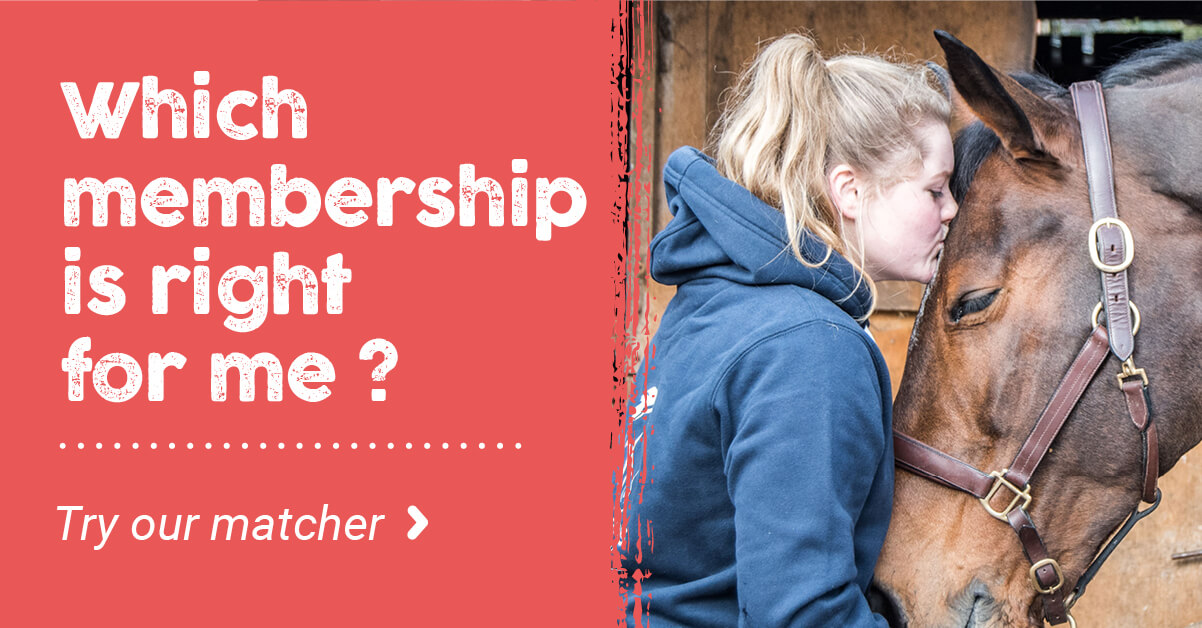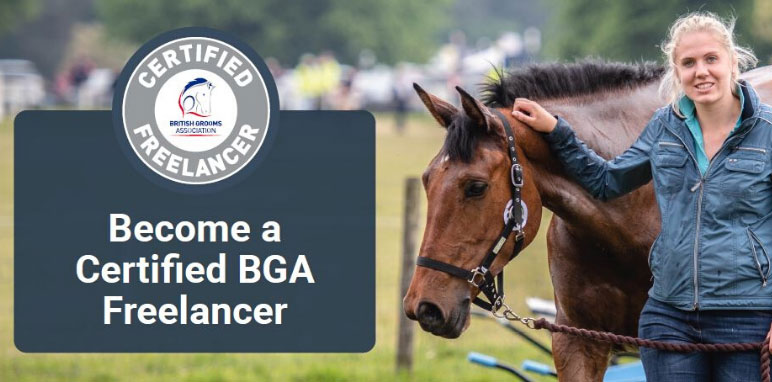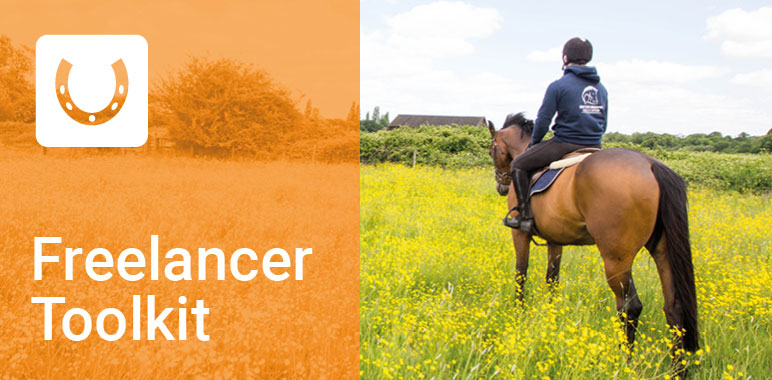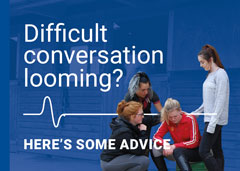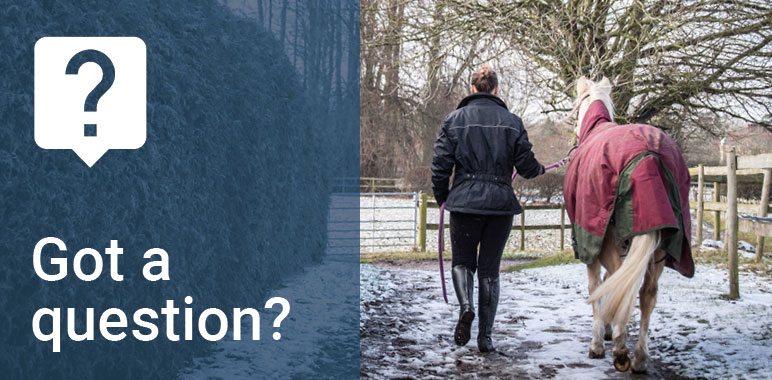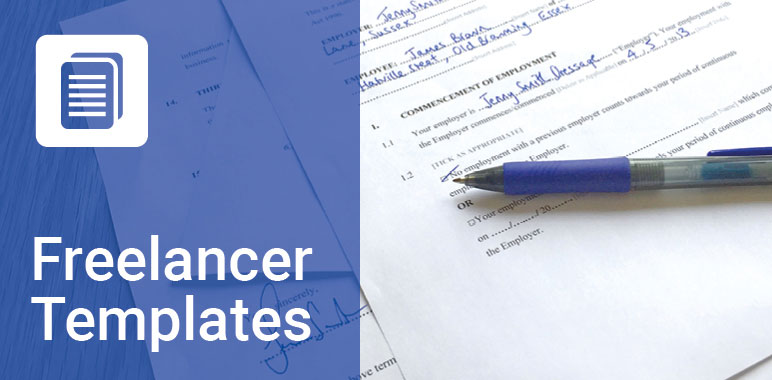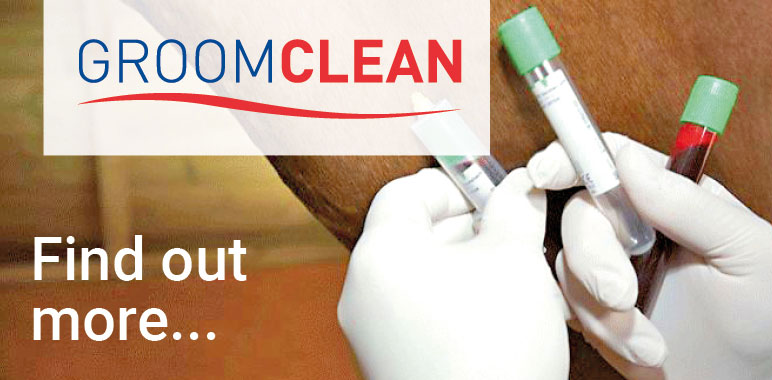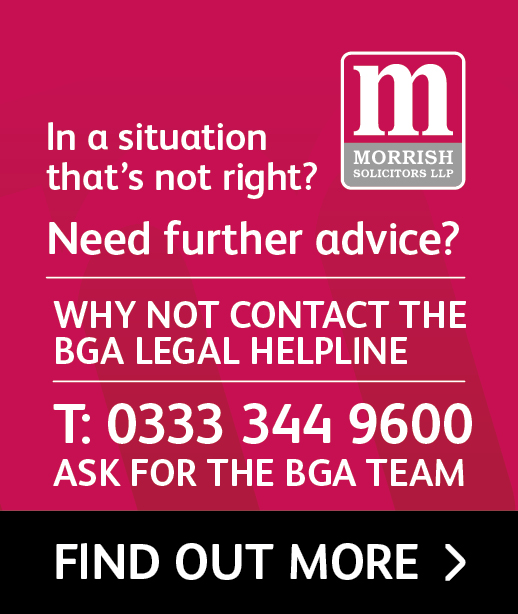- Join Now
- Login
- Member Zone
- Your Career
- Freelancing
- International Grooms Association
- BGA Training
- Healthy Yard Healthy Horses
- Transporting horses
- Brexit
- Safe workplace
- Student Zone
- Member Discounts
- BG Magazine
- Member services
- Training & Careers
- BGA CV Creator
- Horse groom training
- Where to Train
- BGA E Learning
- Career choices
- Change to Racing
- First Aid training for grooms
- Parents
- Grooms Jobs
- Grooms Life
- About
- News
- Contact

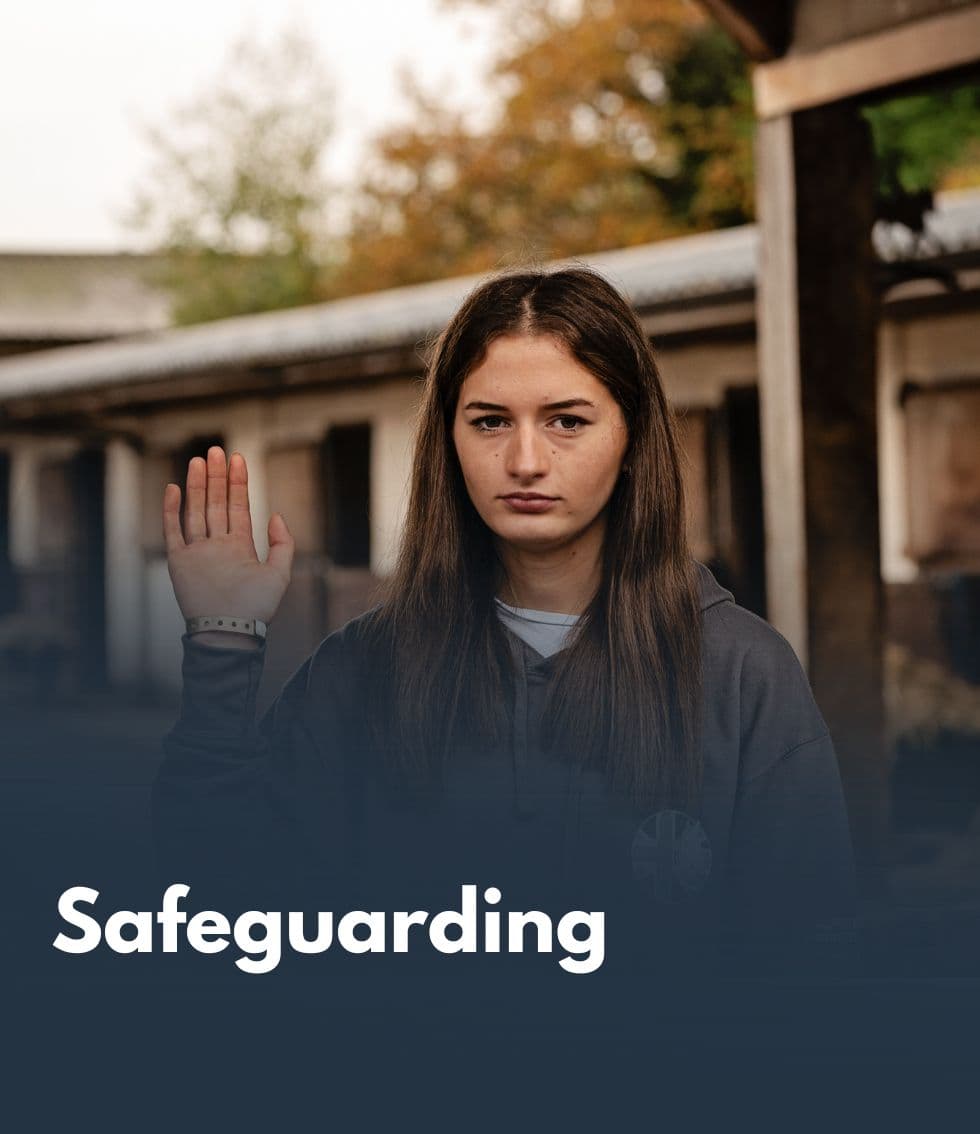
safeguarding
Safeguarding means protecting a person’s well-being, health, and human rights to prevent harm, abuse, or neglect.
Safeguarding children, young people, and adults is a shared responsibility and should be a priority for everyone on the yard.
Safeguarding concerns could include anything relating to:
- Abuse - physical/sexual/psychological/financial
- Discrimination
- Radicalisation
- Bullying
- Mental health issues
Working with children or adults at risk
Those working with children or adults at risk will fall under the safeguarding regulations as set out in the Safeguarding Vulnerable Groups Act 2006.
For safeguarding purposes, anyone under the age of 18 is a child, and anyone aged between 18 and 24 is typically considered to be a young adult. Please note that in Scotland, adults at risk or vulnerable adults can, in some circumstances, relate to those aged 16 years and over.
England and Wales
If your staff are working unsupervised with children or adults at risk, you should ensure that they have an enhanced Disclosure and Barring Service (DBS) check. To obtain a check, if you are not registered with the DBS yourself, you’ll need to go through a DBS umbrella body (a third-party service that submits checks for employers).
Scotland
If your staff are working directly with children or protected adults, they will require a Protecting Vulnerable Groups (PVG) check with Disclosure Scotland.
Northern Ireland
If your staff provide services to or have close and regular supervision with children or at-risk adults, you’ll usually require an enhanced Access NI check.
Find out more about safeguarding 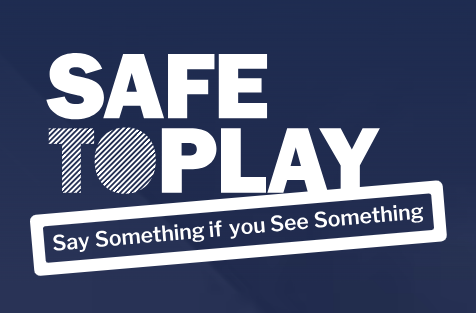
For more information about safeguarding, visit British Equestrian’s designated safeguarding hub: Safe to Play.
Report a concern
If you have safeguarding concerns about someone, you can report these to British Equestrian using the online reporting form: Report a Concern
Frequently asked questions
Shouting at a 16 year old
I saw the yard manager shouting and swearing at a 16 year old apprentice. Is this a safeguarding issue, and what should I do?
Yes, a manager shouting and swearing at a 16-year-old employee could be considered a safeguarding concern, as well as a potential case of workplace bullying or harassment.
Encourage the apprentice to speak up. If they feel comfortable, they could report it to HR, their training provider, or ACAS.
You should make a written record of the incident and report it to a senior manager or to the designated safeguarding officer (if there is one). You can also report the incident to British Equestrian using the online reporting form.
Live in position with other grooms
My 17 year old daughter has a new job, which is a live-in position. The accommodation has 3 other grooms in it, and they are all older than her. Should I be concerned?
This situation raises safeguarding concerns, and while it may not be illegal, certain protections should be in place because your daughter is only 17 years old and still legally a child in the UK.
Key considerations here are:
Safeguarding & Duty of Care – Employers have a legal duty of care under the Children Act 1989 and Health and Safety at Work Act 1974 to protect young workers from harm.
Suitable Accommodation – The accommodation should be safe and appropriate for a minor. Sharing with only older adults could create risks of exploitation, bullying, or inappropriate behaviour.
Speak to your daughter about how she feels regarding sharing accommodation. If you believe she is at risk, raise your concerns with her employer.
Farrier making inappropriate comments
I overheard the farrier making sexual comments towards one of the livery clients who is 15 years old. What should I do?
This is a serious safeguarding concern, and you should report it immediately. A 15-year-old is a child, and inappropriate sexual comments from an adult could be considered child sexual harassment or grooming under UK safeguarding laws.
Write down exactly what was said, the time, date, and who was present. This may be important if an investigation is needed.
Encourage the victim (or their Guardian) to report it – If appropriate, discreetly ask the 15-year-old or their parent if they wish to report the incident. However, you should still report it yourself as safeguarding is a shared responsibility.
You should report the incident to a senior manager or to the safeguarding officer (if there is one). You can also report the incident directly to the Farriers Registration Council or to The Worshipful Company of Farriers.
Do I need a DBs check?
I am going to be working unsupervised with children who come for pony days at our yard, do I need a DBS check?
Yes, you should have an enhanced DBS check. Speak to your employer, who should request this on your behalf.
conerns about a child
I have noticed that one of the children who comes to have lessons at the riding school where I work has lots of bruises on their arms. They have also become very quiet and withdrawn. When I asked about the bruises, they said that they fell off a climbing frame, but I am concerned about them. What should I do?
Unexplained bruising and behavioural changes can be signs of potential abuse or neglect. Even though the child said they fell, you should still report your concerns, as children may not always feel safe telling the truth.
You should record your concerns, noting down exactly what you observed. You should then speak to the designated safeguarding officer (if there is one at your yard) or a senior manager. You can also report your concerns directly to British Equestrian using their online reporting form on the Safe to Play platform.
My boss makes me uncomfortable
I am 17 years old, and I work at a livery yard. My boss has started to make me feel really uncomfortable. She always makes comments about my appearance and has asked me to send her photos of myself on WhatsApp. I’m scared that if I bring it up with her, I will lose my job. What should I do?
It is not appropriate for your boss to behave like this, as it is a safeguarding concern. If there is a trusted adult you can talk to, discuss your concerns with them, and they can help you to report it. If there is a safeguarding officer or senior manager whom you can speak to, you should report your concerns to them.
You should not lose your job for raising safeguarding concerns about your boss. The Public Interest Disclosure Act 1998 (PIDA) protects whistle blowers from unfair dismissal or mistreatment if they report concerns related to safeguarding, abuse, or other serious misconduct.
sharing lorry accommodation with my boss
We are attending a 3 day event and my boss says I have to share a lorry accommodation with him for 3 nights. I am female and 18 years old. Is this ok?
Even though you are legally an adult, safeguarding principles still apply in this situation, particularly for younger and more vulnerable employees. This arrangement is highly unprofessional and could create a situation where you feel pressured or uncomfortable. Your employer has a legal responsibility to ensure your safeguarding and wellbeing at work. You should be provided with alternative, separate accommodation.
Working a 60 hour week
I work a 60-hour week on a dressage yard. I am only paid for a 48-hour week at the NMW. My boss is very domineering, and I have no way of raising this issue with her, as she says that if I don’t like it, I should leave. I am 19 years old. Does safeguarding protect me?
Firstly, you should be paid for every hour you work. If you work for 60 hours and are only being paid for 48, you are being paid less than the National Minimum Wage and this is illegal. Consider reporting the issue to HMRC. You can report underpayment of NMW anonymously, and they can force your employer to pay what you’re owed.
Secondly, you should not be working for more than 48 hours a week unless you have opted out of the Working Time Directive. It may feel uncomfortable, but you should challenge your employer about this.
While safeguarding typically applies more to children and vulnerable adults, workplace safeguarding covers mental health and wellbeing. Saying "if you don’t like it, leave" is a toxic and coercive work environment. You have the right to raise concerns without fear of losing your job—this could be seen as a breach of employment rights.
If you need further support, you can contact the BGA or ACAS for advice.
bullied by my boss
My boss shouts at me all the time and gaslights me. I feel bullied by her and have developed anxiety about attending work. I am 28 years old. Is this a safeguarding issue, and what should I do?
Yes, this could be a safeguarding issue, but it is definitely workplace bullying and harassment, which is illegal under UK employment law.
Shouting at you constantly and gaslighting (manipulating you to question your own reality) are forms of workplace bullying, which can be reported under the Equality Act 2010 and Health and Safety at Work Act 1974.
Your employer has a legal responsibility to protect your mental and physical wellbeing at work. If your boss is making you anxious and fearful, they are failing in their duty.
While safeguarding typically applies more to children and vulnerable adults, workplace safeguarding covers mental health and wellbeing. Persistent bullying could be seen as psychological abuse.
What you can do:
- Keep a Record – Note down dates, times, what was said/done, and any witnesses.
- Raise a Formal Grievance – Follow your yard’s grievance procedure and report to a senior manager.
- Seek Support – Talk to the BGA or ACAS for guidance
- Prioritise Your Mental Health – If your anxiety is severe, see a GP and get their support.
What the personal accident policy covers you for:
- Whilst at work
- All stable duties – mucking out, grooming, washing off, turning out
- Clipping
- Riding – including hacking and jumping
- Hunting
- Lunging
- Breaking in
- Holding horse for a vet and other procedures
- Travelling horses both in the UK and abroad
- Competing in line with your job including: jumping, dressage, eventing
- Injuries that may happen to you whilst you are teaching - but you must also be grooming as part of your duties and not be a sole instructor
What the personal accident policy doesn’t cover you for:
- Riding in a race, point to point or team chase
- Stunt Riding
- Accidents occurring whilst travelling to and from work
- Riding and competing your own horse (but you can upgrade when applying for membership to include this)
- Public Liability – this is a separate insurance policy - the Freelance Groom Liability Insurance
- Care Custody and Control – this is a separate policy - the Freelance Groom Liability Insurance
If you require additional cover then please contact KBIS directly.
| GROOM | RIDER | EMPLOYER | |
|
When you are working for other people you do most of the following; muck out, turn out/catch in, tack up, groom horses, exercise Horses (including hacking, jumping and schooling), in the care of your employer/client. |
|
|
|
| Predominantly ride horses for other people including schooling, exercising and competing. | NO |
YES |
YES |
| Provide grooming services for someone else either full time or on a freelance basis i.e. an employer or a client. | YES |
NO |
NO |
| Employ staff – have an employers liability policy in your name | NO | NO | YES |
| Buy and sell horses | NO | YES | YES |


